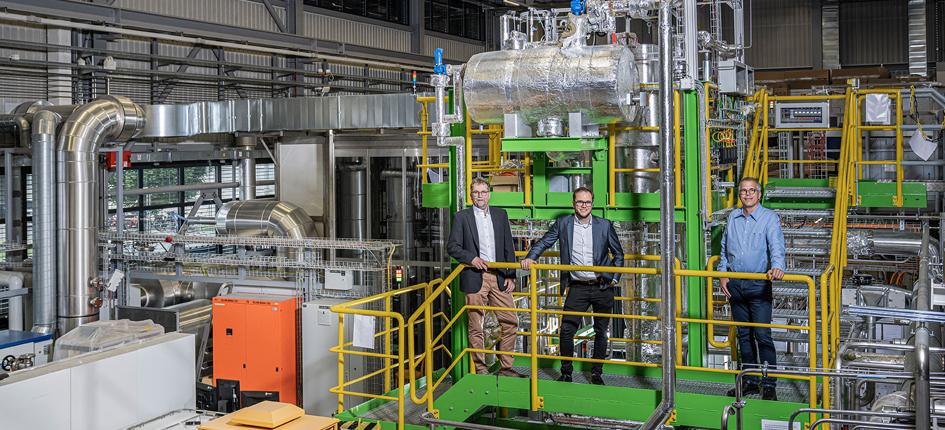The Paul Scherrer Institute (PSI) states that it has found the “ideal partner” in AlphaSYNT for commercializing its innovative power-to-methane process. The startup from Egliswil in the canton of Aargau was established at the end of 2020 and has shown that it has the suitable industrial and strategic competences for this, according to a press release from PSI.
This involves storing energy in the form of methane gas in future. Major energy providers owned by gas networks or biogas or wastewater treatment plants will benefit from this. PSI states that the technology is too complex for private households.
The two-stage process first involves the generation of hydrogen through electrolysis, followed by methanation. During this, the hydrogen created is added to biogas from agricultural and forestry waste to convert the contained CO2 into methane and water.
Versus hydrogen, methane has the advantage of only taking up a third of the volume when stored for the same energy content. AlphaSYNT CEO Tilman Schildhauer adds: “What’s more, methane can already be used and stored in the existing gas infrastructure.” The energy can for instance be used during winter, when photovoltaic systems produce less energy.
PSI has developed a catalytic fluidized bed reactor with nickel particles for the methanation process. This creates high temperatures, which are absorbed by oil flowing through a special pipe system. According to PSI: “This construction, combined with the fluidization of the particles, provides particularly intense cooling and results in an isothermal, compact and low-cost reactor.”







